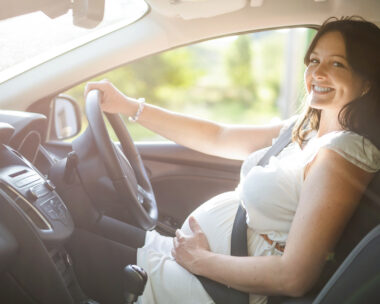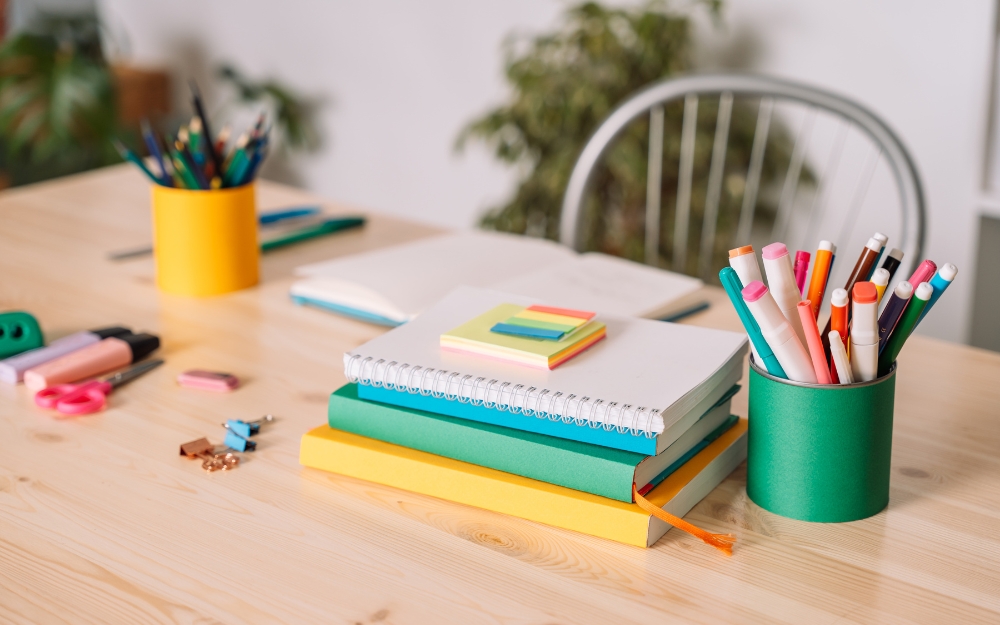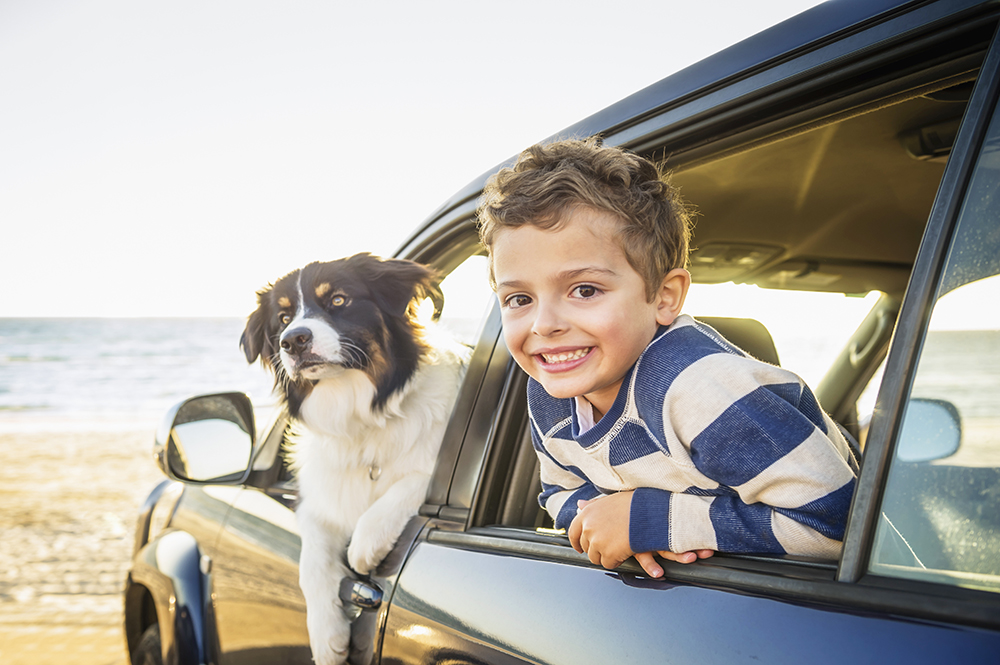Spare a thought for Catherine, Duchess of Cambridge. When she went to Switzerland for a friend’s wedding, the keen skier had to forego hitting the slopes because she’s pregnant. While husband Prince William and brother-in-law Prince Harry enjoyed an afternoon on the snow, Kate had to settle for a sedate walk.
Skiing is one of the activities doctors advise against when you’re expecting for a very good reason – a fall could harm the baby. Sensible Kate
is obviously heeding advice about all the things you should avoid while pregnant. It can be very frustrating, missing out on food and activities you enjoy, but it is worth it for the health of your baby and is only short term.
Baby Brain. PhotoTatiana Gladskikh
Here are some other things you should steer clear of when you’re a mum-to-be:
1. Saunas and hot tubs
If you get overheated it can raise your core body temperature, which may be dangerous for your baby. Your body is already working overtime and prone to heating up when you are carrying your child, but if your body temperature exceeds 38.8°C it can lead to complications, particularly during the first trimester.
2.Becoming dehydrated
Dehydration in early pregnancy can cause a shortage of amniotic fluid, leading to the baby lying directly against the uterus. This can result in limb deformities. In the second and third trimesters, dehydration can lead to heat exhaustion, muscle cramps, fatigue and even premature labour.
3.Changing the cat litter
Cat faeces may be infected with a parasite called toxoplasmosis, which can be very dangerous for unborn babies. It can cause miscarriage, stillbirth, neurological issues, cerebral palsy, seizures, hearing loss, intellectual disabilities and vision problems. Not only is it a wise idea to get someone else to empty the cat tray, but you should also avoid gardening (unless you wear gloves) if there’s a chance cats have used your backyard as a toilet. Toxoplasmosis can also be passed on through undercooked meat.
4. Contact sports
During the first trimester, when the baby is cushioned in the amniotic sac and protected by your pelvic bones, it may be OK to play sports where there is fairly minimal contact.
However, as your pregnancy progresses the baby is no longer shielded by your pelvis and can be harmed if you fall, collide with another player
or are hit by a ball. Sports that have more contact should be avoided. As well as evaluating the chances of getting injured, you also need to weigh up how much exertion your sport requires and whether there is a risk of overheating.
Some activities may be particularly dangerous, including snow and water skiing, horse riding, gymnastics, trampolining and martial arts, so it is usually best to give them up for the duration of your pregnancy.
5 Vitamin A Supplements
While supplements can be valuable during pregnancy because they contain important nutrients needed for a healthy baby (like folic acid, which
can prevent spina bifida), they can be risky if they contain vitamin A. Too much of this can cause birth defects or miscarriage. Steer clear of
general multivitamins and instead take supplements designed for pregnant women, as these don’t contain vitamin A.
OTHER SUBSTANCES AND FOODS TO AVOID:
• Alcohol.
• Cigarettes.
• Recreational drugs.
• Many pharmaceutical medications or over-the-counter drugs (always read labels).
• Foods that can carry listeria, such as smoked fi sh, some seafoods, soft and unpasteurised cheeses.
• Fish that may contain mercury, such as tuna, sea bass and sword fish.
• Some products containing herbs, for example raspberry leaf or peppermint tea, or black cohosh, which can cause contractions.
DID YOU KNOW…
You can have a flu jab. A recent Norwegian study has found that flu vaccinations during pregnancy are not associated with increased rates
of death in unborn babies, and may in fact reduce the chances of babies dying from complications of flu by protecting their mothers against it.




